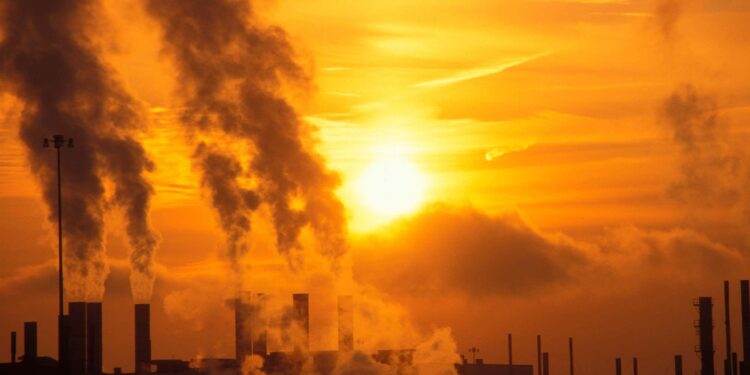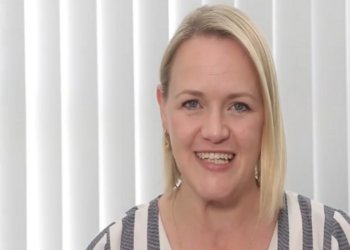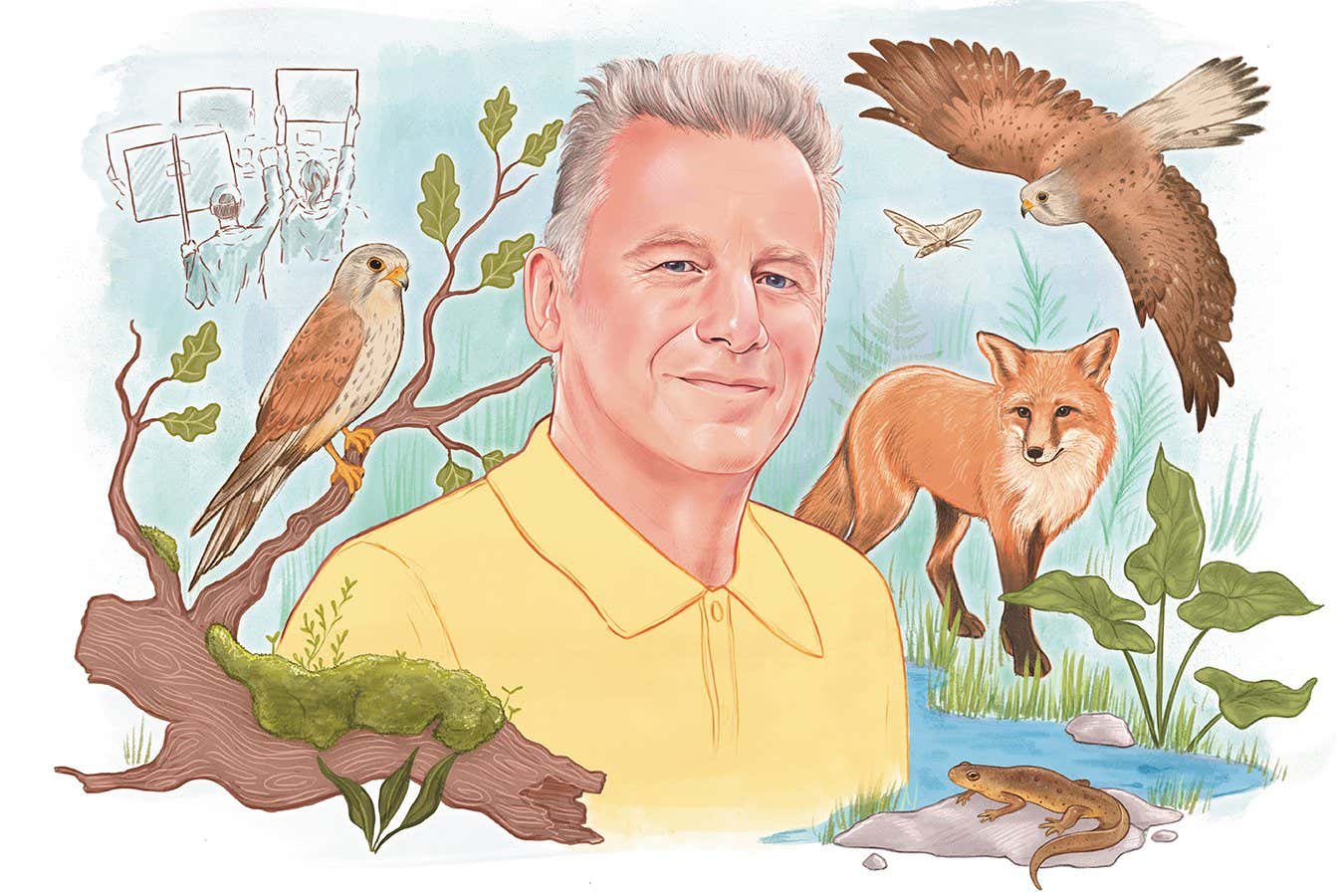
Wildlife broadcaster Chris Packham’s kinship with the natural world began before he could even speak. As a young child in his parents’ small back garden in Southampton, UK, he became fascinated with tadpoles, snails and ladybirds. Soon his bedroom filled up with jam jars and tanks, and then the garden was crammed with enclosures. His obsessive interests expanded from moths and newts to include foxes and kestrels.
Packham puts this intense curiosity down in part to being autistic. He says this shaped his keen ability to focus and find patterns – and his need to shelter from overwhelming social interactions. On and off screen, Packham isn’t afraid to speak his mind. He is a vocal supporter of environmental issues and animal rights, with campaigns aiming to put an end to game shooting and industrial farming. This has won him no shortage of enemies. In 2019, dead crows and a fox were left hanging on his gatepost, along with a death threat; a couple of years later a Land Rover was blown up outside his house.
But these attacks have only made Packham more resolute in trying to persuade other people that we already have the solution to save the natural world. New Scientist spoke to him about his latest campaign to end fossil fuel advertising and sponsorship in the UK, his upcoming TV series about evolution and how we can achieve a sustainable future on Earth.
Thomas Lewton: Whenever I watch the BBC’s Springwatch, it is clear you have a deep connection with the natural world. Does being autistic help you to form this connection?
Chris Packham: I think I was drawn to studying the natural world because of my ability to see things in great detail very rapidly and remember them. I have always found it easier to identify behaviours, or elucidate patterns of anatomy, physiology or whatever it happened to be. That curiosity about the natural world seemed to have been there almost inherently. My father was a marine engineer and my mother was a legal secretary, so the interest didn’t originate from them, but they certainly helped fuel it.
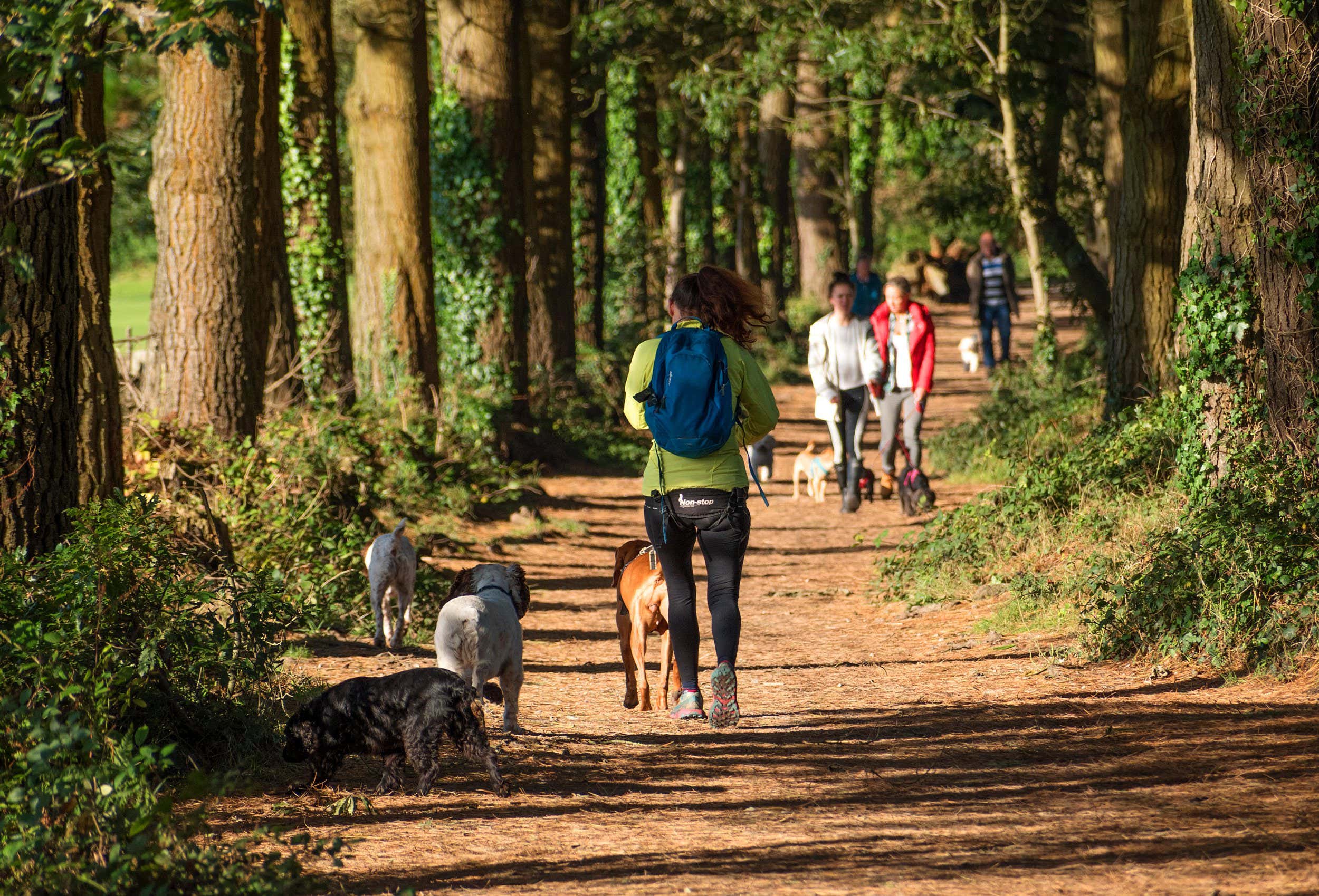
Walking in the woods is one thing people can do that doesn’t require overconsumption
Kevin Britland / Alamy Stock Photo
I was an avid collector of living animals as a child. There were always things in jam jars and tanks in my bedroom. But when I got to about 12, my father bought me some binoculars. From that point onwards, I became less interested in keeping animals and more interested in watching them out in the wild.
I had an obsessive interest in natural history, and it would ricochet from one species or group of species to another. I suppose we call it “focused interest” now, but I’ll stick with obsession. The more you can focus on a singular task or objective, the easier it is to exclude distractions. And then you tend to get to the bottom of what you’re trying to understand. That’s what excites your curiosity.
Those are incredible abilities. Being neurodivergent can, of course, also be challenging. How would you encourage others who are autistic or who have other forms of neurodivergence to think about how they experience the world?
It’s about focusing on the opportunities and attributes that you might have rather than just the challenges and difficulties and embracing where that takes you. When I was a kid, I thought I was drawn to the woods by all those things that I wanted to see or catch at the time. But in reality, I was finding solace and respite there because I wasn’t being judged by my peers. I felt very comfortable there.
I found I could totally immerse myself in the experience. Many people can identify a tree by its shape, or by its leaves, or by the pattern on its bark. But I can identify trees by the sound that rain makes on their leaves if I’m sitting underneath them with my eyes closed. That’s not a tremendous skill. Anyone could learn that. But that’s the sort of degree that I want to engage with nature.
You have dedicated much of your life to protecting nature. Why do you think you have faced a backlash to this activism?
Like many other people, I’m asking a significant part of the population to change its mind and habits a bit more quickly than feels comfortable. Humans, as we know, are remarkable animals. We’re intelligent, adaptable, creative, imaginative, innovative. We’re brilliant in many ways – but we’re not very good at changing our minds.
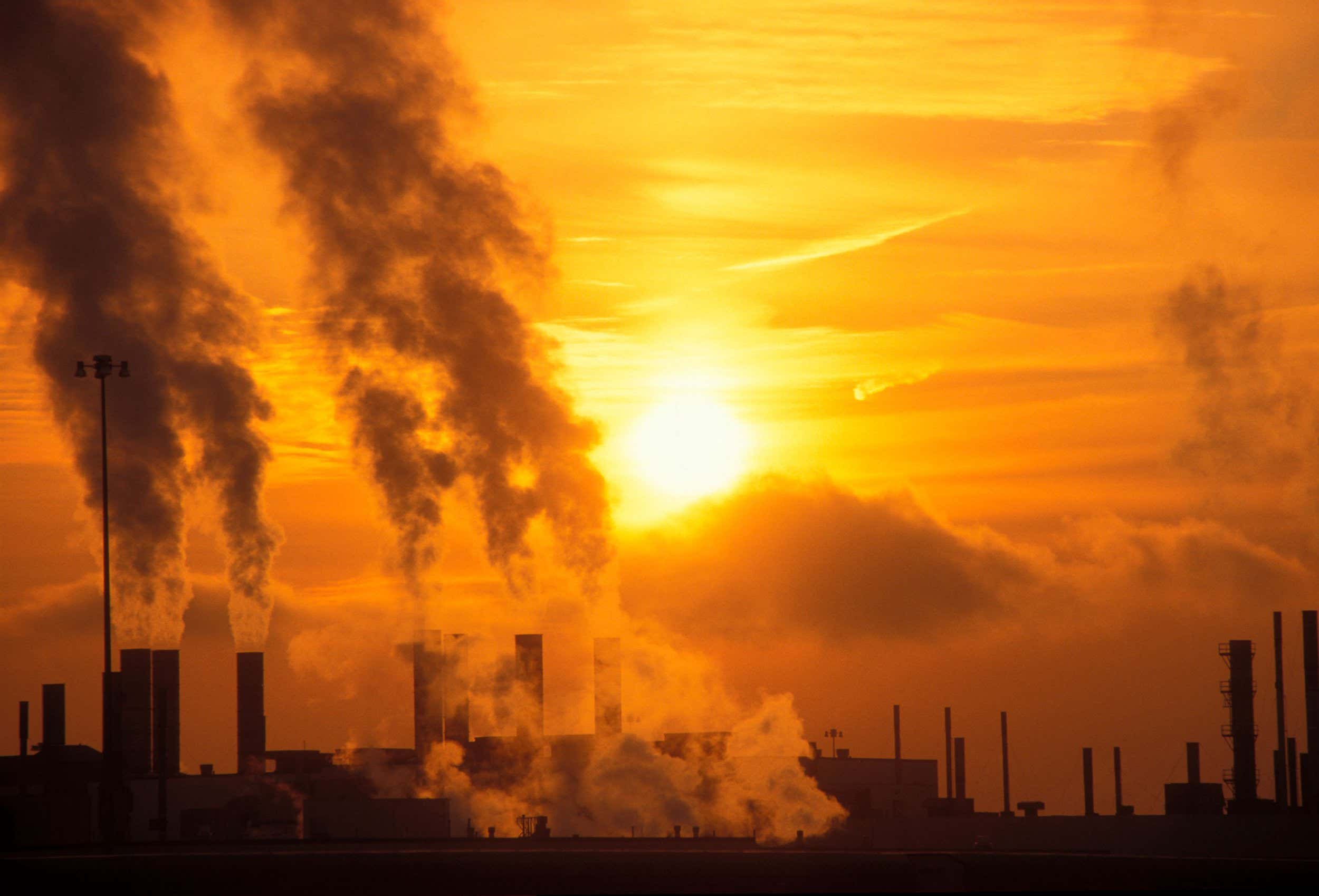
We are burning through Earth’s natural resources
Jim West / Alamy Stock Photo
But at this point it’s very clear that unless we do change our minds and therefore our practices, we’re going to be in even deeper trouble than we are already in. I try to [point out] that there are opportunities to deal with these problems. Let’s take them while there’s still a chance to do good and find positive outcomes. A section of society is reluctant to do that. And a tiny minority will push back in an aggressive and violent way.
What keeps you going in the face of this violence?
I genuinely don’t care. I’m a very determined person. I can’t be swayed from a course of action if I believe it’s the right course of action. I’ve never picked a fight because I thought I could win it. I’ve always picked my fights because I thought they were the right fights to pick at the time. Winning isn’t about crossing a line or getting a medal; winning is about not giving up.
At this point in time, that is the thing that you know people of my ilk – activists, campaigners, protesters – need to hold closest to their hearts. It’s very difficult at the moment. It’s very, very difficult.
In what way?
We’re being persecuted, you know, through an unjust legal system in terms of public protest in the UK. If we want to protest today we just don’t know where we stand. We don’t know if we will be arrested for wearing a T shirt, holding a placard or banner. We’re up against the terrible things which are happening in the US and other parts of the world when it comes to rolling back environmental protections, legislation and, indeed, environmental sciences.
Ultimately, though, I still think we are a wonderful species. We have the tools, technology and abilities at our disposal to make sure that we can adapt to the problems we’ve already generated. It’s just that we don’t have anyone out there with the gumption to roll them out broadly enough and rapidly enough to make a difference. So, I’ve got to help drive that.
You recently launched a petition to end fossil fuel advertising and sponsorship in the UK. Is this a major barrier to action on climate change?
Well, in the UK, fossil fuel companies actually don’t spend too much money on advertising in the grand scheme of things, but they spend it in a very targeted way: they target decision-makers and politicians and others. People are being manipulated by mistruths.
But what we are increasingly seeing is billions of pounds being poured into sports sponsorship [by fossil fuel companies]. It subliminally ekes its way into people’s lives, and they see those companies as doing something advantageous. It’s normalising their business.
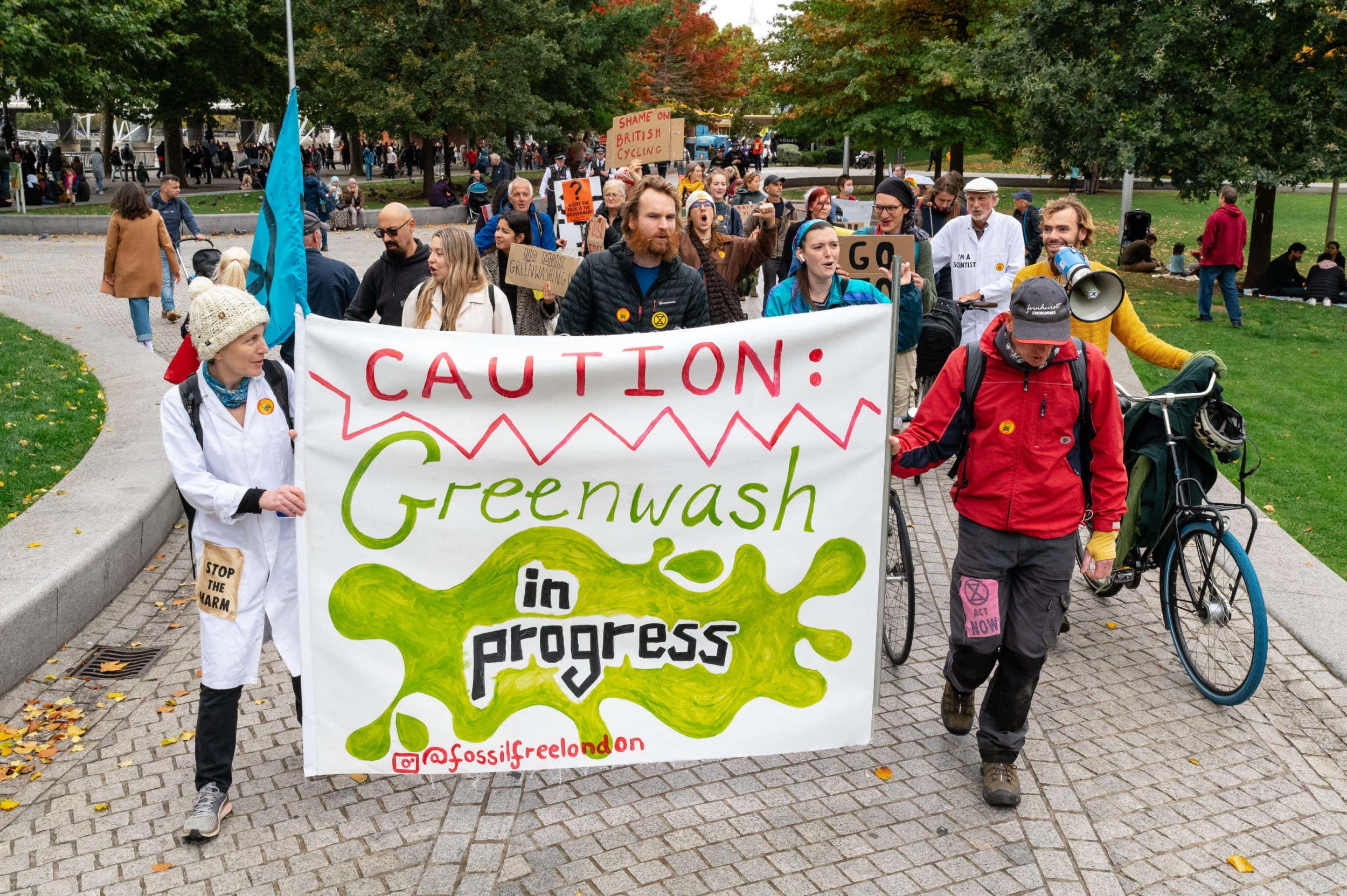
Protesters fighting Shell’s sponsorship of British Cycling
Andrea Domeniconi/Alamy Live News
Their business has no right to be normal any more. It’s destroying our planet. There’s no ambiguity about it. We need to stop them being able to greenwash their dirty linen in public through that sort of sponsorship.
I mean, the idea that British Cycling is sponsored by Shell is like a bad joke. Cycling, something we do that is healthy, which combats carbon emissions. As is, I have to say, the continued acceptance of fossil sponsorship within some of our public institutions like the Science Museum and the British Museum, it shouldn’t be allowed.
What does a sustainable future look like to you?
It’s very difficult, obviously, to look into a crystal ball, given advances in technology and now the very rapid advances that we see in climate breakdown. But what I think we need is a change in mindset. Firstly, everyone goes on about economic growth. But growth comes at the cost of consumption, and we live on a finite planet. So, quite clearly, we cannot continue to grow if we’re using all those resources in an unsustainable way.
“
I’m asking a significant part of the population to change its mind and habits
“
People need to rethink what they want out of life. Does that consumption really make us happy? What are the rewards that we get out of life? Whether you’re into walking in the woods, whether you’re interested in art, singing, dance or whatever it happens to be that excites you in life, it doesn’t have to come at the cost of accumulating loads of stuff.
What other shifts in mindset are needed? Do you think people should consider not having kids as part of achieving a sustainable population?
We have to be very careful when we’re talking about overpopulation. Obviously, the more people on the planet, the more consumption takes place. The question is, of course, who’s consuming it? And in many parts of the world, where populations are growing most rapidly, that isn’t where consumption is the greatest.
If everyone on Earth consumed resources at the same rate as people in the US, then we would need about five Earths to sustain this demand. We can only consume so much because of the resource poverty of other people in the world who are underusing the world’s available resources. I’m a very firm believer that when it comes to addressing climate breakdown, we must move towards a far greater degree of equality.
One of the most embarrassing things about the COP climate summit is that leaders fail to agree to significantly subsidise poorer countries in the world who are suffering most from climate breakdown. It’s that sort of pervasive greed which is the handicap.
On another note, you are finishing filming a BBC TV series about evolution, which is coming out next year. Evolution takes place over innumerable generations, billions of years. What can humans learn from that deep-time perspective about their place within nature?
Well, firstly, how lucky we are to be here. Mutations happen unpredictably. And the fact that they occur in a place where they can actually succeed is quite odd. I mean, the chances of human life evolving are infinitesimally small. And very often evolution comes down to serendipity.
Secondly, evolution gives us perspective on the damage humans are inflicting on the natural world now. We look at a number of mass extinction events in the series, and they aren’t always catastrophic. You know, a meteorite takes out all the dinosaurs, which was a disaster for the dinosaurs, but hey, we mammals had a great time in the aftermath. All of those niches that were previously unavailable, mammals evolved to fill them.
So, at the moment, we’re precipitating an extermination rather than an extinction event, since it’s us that’s driving it – and we need to get our language right. But whatever we do to the planet, life’s tenacity will mean that it will survive and, you know, it will be beautiful, maybe even more beautiful all over again.
Topics:
Source link : https://www.newscientist.com/article/2495980-were-precipitating-an-extermination-rather-than-an-extinction-event/?utm_campaign=RSS%7CNSNS&utm_source=NSNS&utm_medium=RSS&utm_content=home
Author :
Publish date : 2025-10-01 16:00:00
Copyright for syndicated content belongs to the linked Source.

